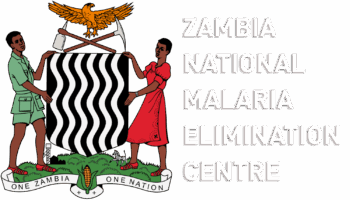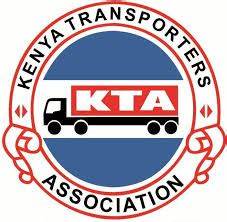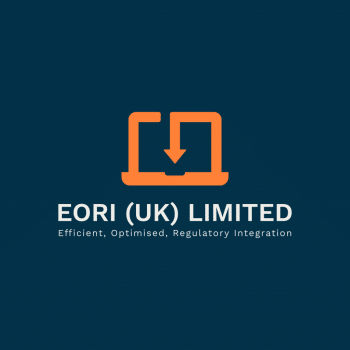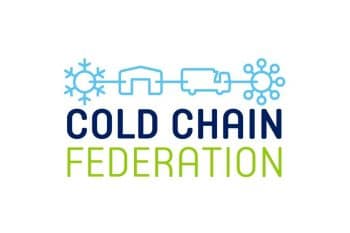Tools
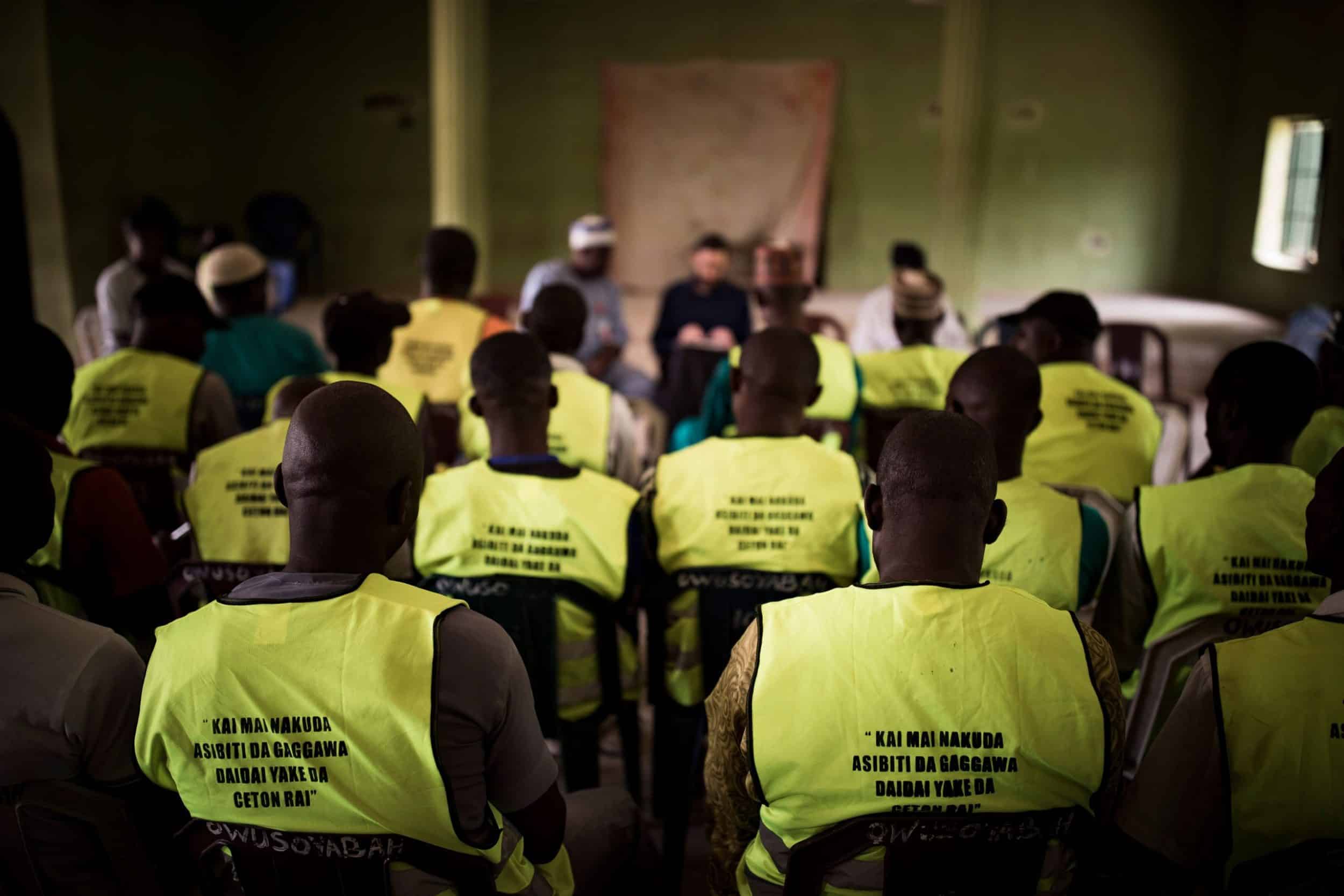
Training Manual Use of Rectal Artesunate as a Pre-Referral Intervention for Severe Malaria at Community Level
Malaria incidence rates among children are very high in many rural districts of Zambia. Every year, many children die when their malaria progresses to severe malaria because they have not received appropriate or timely treatment. Many of these deaths could be avoided if communities were effectively mobilised around a child health agenda and if WHO-approved rectal artesunate (RAS) – a life-saving pre-referral treatment – were readily available at community level.
Children also suffer and sometimes lose their lives because of delayed identification of other common childhood illnesses. These include severe diarrhoea and acute respiratory infection (ARI). Gaps in knowledge of the danger signs for all these illnesses, and household and community barriers and delays that prevent prompt referral of children are responsible.
This training manual outlines a two-part training approach that can be used to:
– Train selected Community Health Volunteers (CHVs) to recognise and administer severe malaria in young children using rectal artesunate (RAS)
– Train communities to respond promptly and appropriately to severe malaria, and to other common childhood illnesses
Increasing children’s access to life-saving treatment for severe malaria and other common childhood illnesses requires community members who can identify danger signs and know how to respond, and CHVs who can support and refer patients to the health facility. Both groups need to be trained.
Please click below to read the full training manual.

